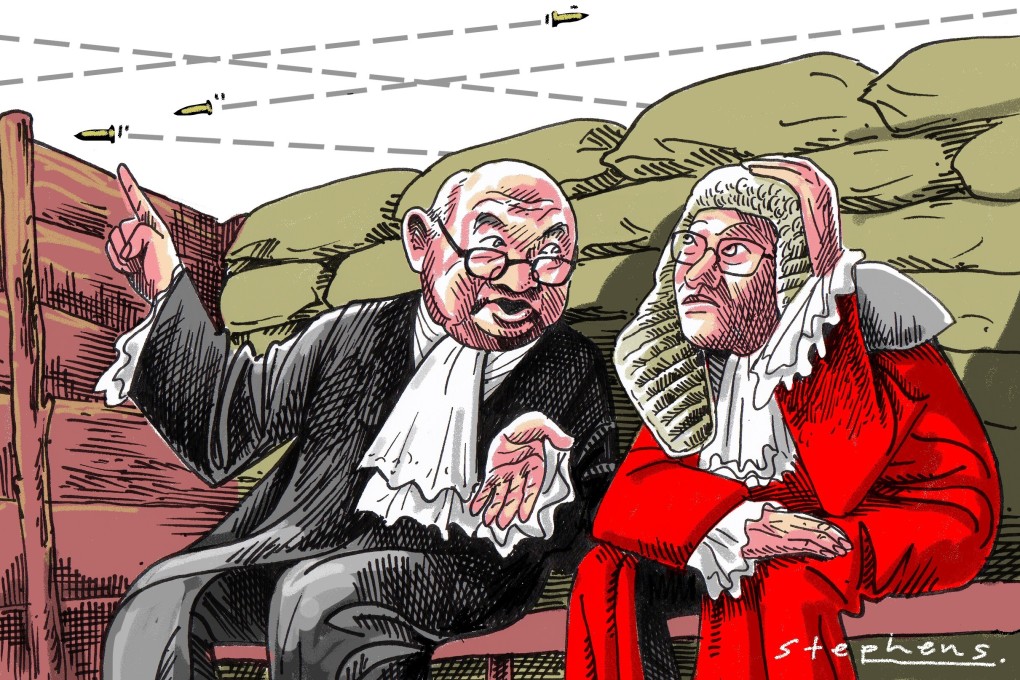Opinion | Heed the chief justice’s words to ease fears over Hong Kong’s judiciary
- Accusations of bias among judges have arisen amid protest-related cases, but there are mechanisms in place to handle complaints and no reason to assume bad faith
- If people listen to the chief justice and keep politics out of the courtroom, concerns about the independence of Hong Kong’s judiciary will diminish

The judiciary is fortunate, however, to have somebody in Chief Justice Geoffrey Ma Tao-li who is experienced and knows how to handle criticism. Although Ma has faced calls for judicial reform, he has himself always been a reformer.
For example, after Ma commissioned a review, the Judicial Studies Board was established in 2013 with a full-time staff. While Ma chairs its governing body and its daily operations are supervised by Mr Justice Poon Siu-tung, its role is to enhance judicial skills and knowledge by developing continuing education for judges and magistrates.
Apart from identifying specific training needs at each court level, organising seminars and visits and promoting judicial wellness, it provides useful research support for judicial officers. By all accounts, it has had a real impact on judicial effectiveness.
